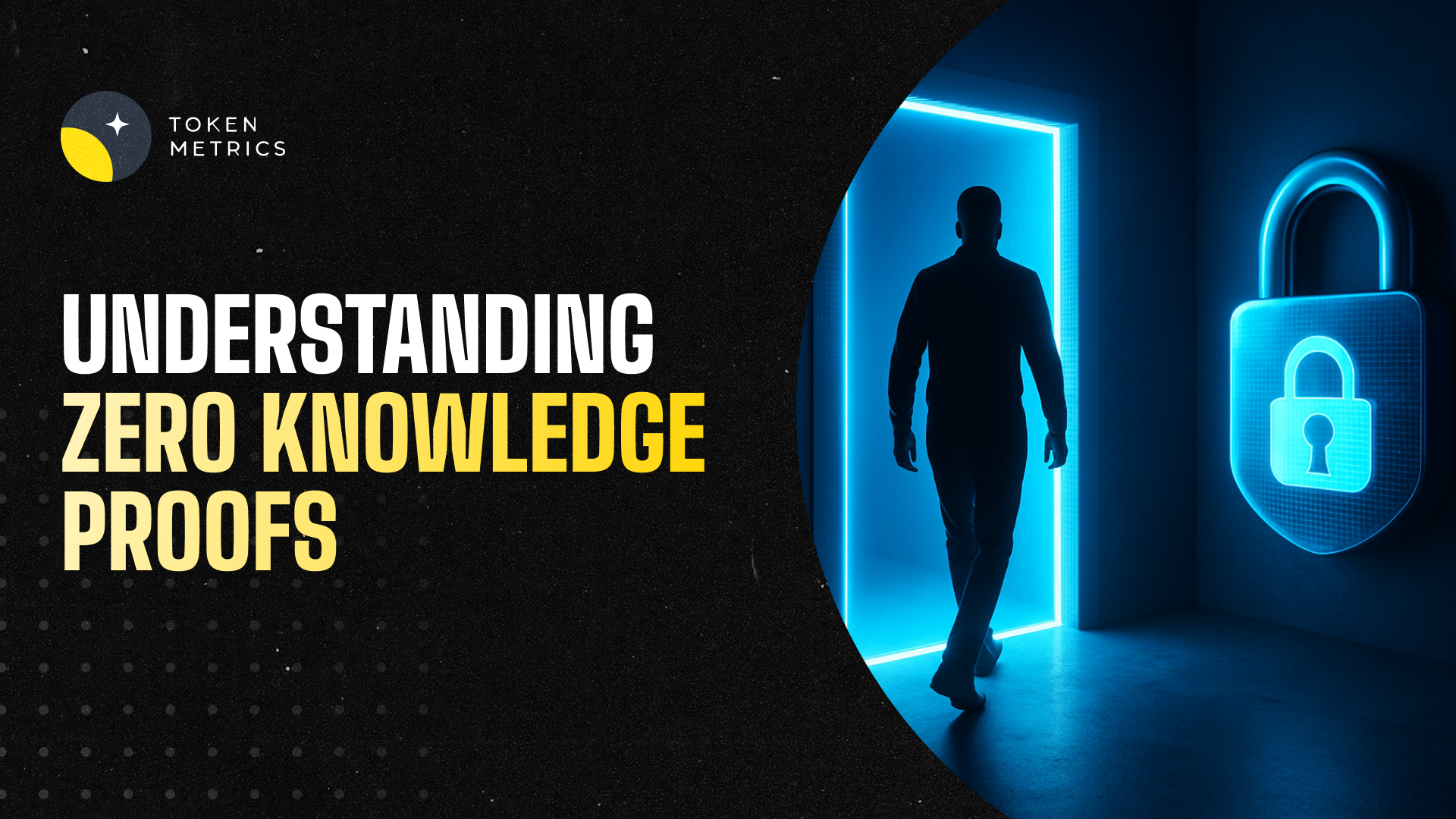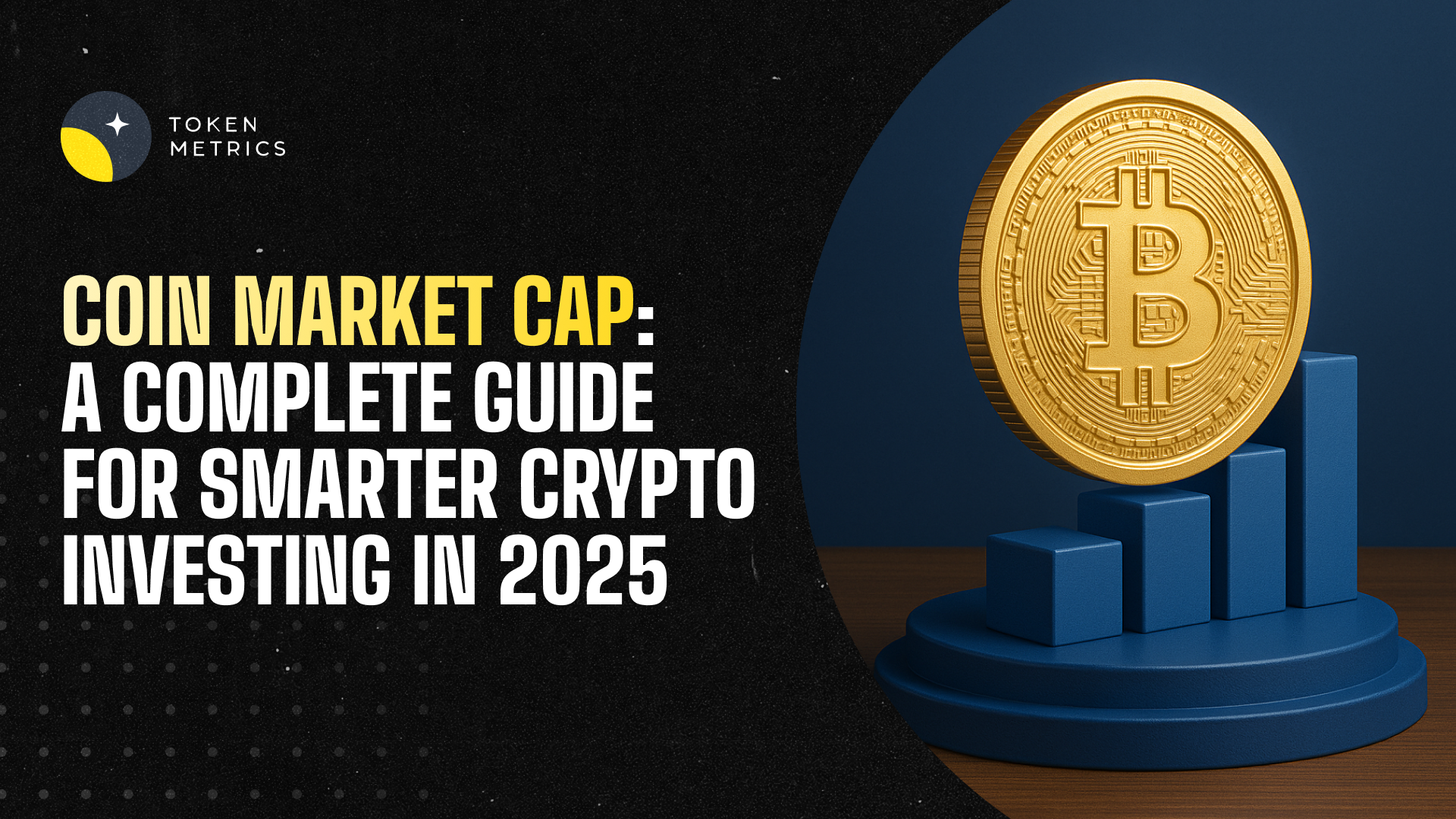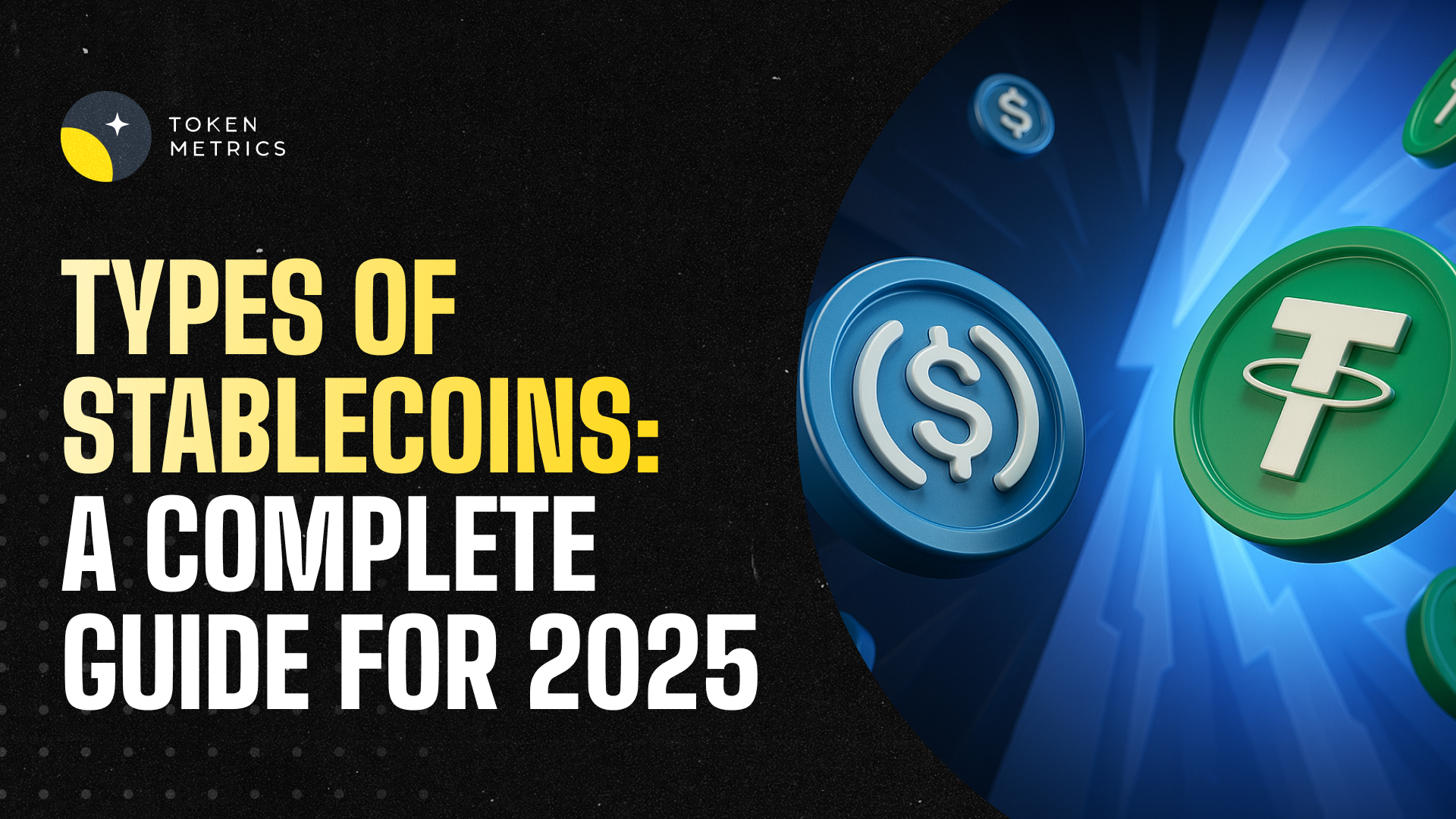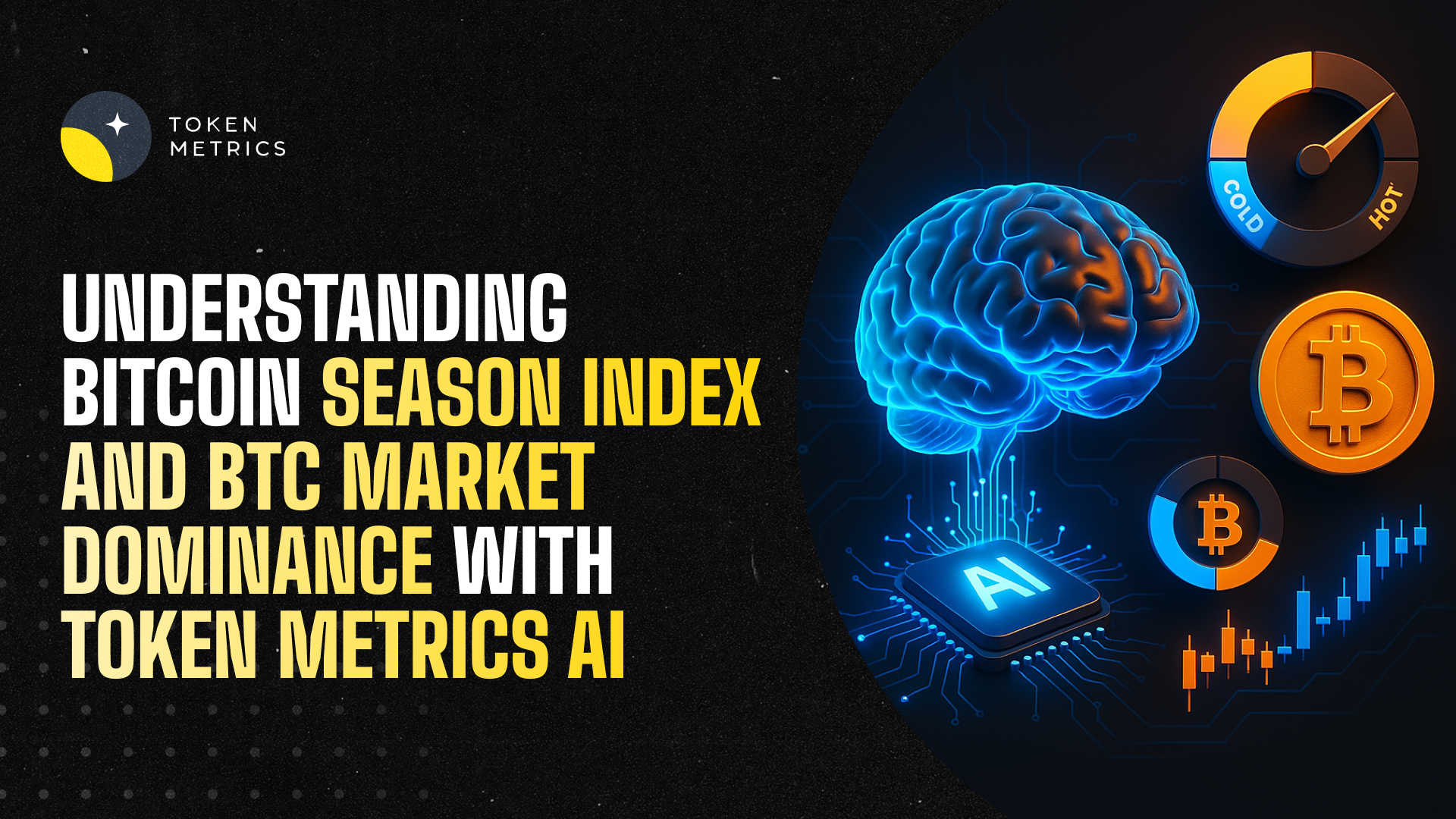Understanding Zero Knowledge Proofs: Securing Privacy and Verification

Introduction
Zero Knowledge Proofs (ZKPs) represent a groundbreaking cryptographic concept that enables one party to prove knowledge of specific information to another party without revealing the information itself. This technology is rapidly gaining traction within blockchain ecosystems and privacy-focused applications, offering novel approaches to verification and security without compromising sensitive data.
Basics of Zero Knowledge Proofs
At its core, a Zero Knowledge Proof is a method by which a prover demonstrates to a verifier that a given statement is true, without revealing any additional information beyond the validity of the statement. Introduced in the 1980s, ZKPs rely on complex mathematical algorithms to ensure that knowledge can be proven without disclosure, preserving confidentiality.
The three essential properties that characterize zero knowledge proofs are:
- Completeness: If the statement is true, an honest verifier will be convinced by an honest prover.
- Soundness: If the statement is false, no dishonest prover can convince the honest verifier otherwise.
- Zero-Knowledge: The verifier learns nothing other than the fact the statement is true, gaining no additional knowledge about the actual information.
Types of Zero Knowledge Proofs
There are several approaches to implementing ZKPs, each with its trade-offs and applications. Two of the most significant forms include zk-SNARKs and zk-STARKs.
- zk-SNARKs (Zero-Knowledge Succinct Non-Interactive Arguments of Knowledge): These are compact proofs that require minimal data for verification and do not require back-and-forth interaction between prover and verifier after setup. zk-SNARKs are widely used in privacy-oriented blockchains such as Zcash.
- zk-STARKs (Zero-Knowledge Scalable Transparent Arguments of Knowledge): An evolution of zk-SNARKs, zk-STARKs remove the need for a trusted setup and improve scalability and transparency, although generating proofs may be more computationally intensive.
Applications in Blockchain and Cryptography
Zero Knowledge Proofs have considerable implications for enhancing privacy and scalability in decentralized systems. Key applications include:
- Privacy Encryption: ZKPs enable private transactions by allowing users to confirm transaction validity without revealing participant identities or transaction details.
- Identity Verification: Users can prove attributes such as age or citizenship without disclosing personal data, reducing risks associated with data leaks and identity theft.
- Secure Voting Systems: Ensuring the legitimacy of votes while keeping individual votes confidential.
- Scalability Solutions: By verifying computations off-chain with ZKPs, blockchain networks can reduce on-chain data processing, improving throughput and efficiency.
Challenges and Limitations
Despite their potential, Zero Knowledge Proofs face notable challenges that require careful consideration in practical deployment:
- Computational Overhead: Generating zero knowledge proofs can be resource-intensive, particularly for complicated statements or large data sets.
- Trusted Setup Concerns: Some ZKP systems, such as zk-SNARKs, require an initial trusted setup, which poses risks if compromised.
- Implementation Complexity: Developing robust zero knowledge protocols demands advanced cryptographic expertise and rigorous security auditing.
Role of AI in Zero Knowledge Proof Analysis
Advancements in Artificial Intelligence (AI) have begun to complement cryptographic research, including the exploration and utilization of Zero Knowledge Proofs. AI-driven analytical tools can assist researchers and developers by:
- Optimizing cryptographic algorithms for efficient proof generation.
- Performing advanced pattern recognition on blockchain data enhanced by ZKPs to uncover usage trends without compromising privacy.
- Supporting risk management frameworks by assessing protocol security based on integrated cryptographic parameters.
Platforms such as Token Metrics leverage AI-driven research to analyze emerging cryptographic technologies, including zero knowledge protocols, offering quantitative insights into technological developments and ecosystem dynamics.
How to Research Zero Knowledge Proof Projects
When evaluating projects that incorporate zero knowledge proofs, consider the following research aspects to obtain an objective and thorough understanding:
- Technical Documentation: Review whitepapers and technical specifications to understand the ZKP implementations and cryptographic assumptions.
- Community and Development Activity: Assess active developer engagement and community support to gauge project viability and ongoing innovation.
- Security Audits: Verify results from third-party security audits focused on ZKP mechanisms to mitigate potential vulnerabilities.
- Use Cases and Partnerships: Investigate real-world applications and collaborations that demonstrate practical utility of zero knowledge proofs.
- Analytical Tools: Utilize platforms like Token Metrics for comprehensive project ratings that incorporate AI-enhanced data on technology and ecosystem health.
Future Outlook and Research Directions
Zero Knowledge Proofs are poised to become foundational in advancing privacy and scalability in decentralized systems. Future research continues to focus on:
- Improving efficiency of proof generation to enable wider adoption in resource-constrained environments.
- Developing trustless and transparent protocols to eliminate the need for trusted setups entirely.
- Expanding integration with emerging technologies such as secure multi-party computation and homomorphic encryption.
- Enhancing interoperability between ZKP implementations across different blockchain platforms.
Continued innovation in this domain is supported by cross-disciplinary collaborations, including cryptography, computer science, and AI research.
Conclusion
Zero Knowledge Proofs offer a powerful paradigm shift in cryptography, enabling privacy-preserving verification without information disclosure. Their adoption within blockchain and related fields supports the creation of secure, efficient, and private systems. Utilizing AI-powered platforms like Token Metrics can assist in analyzing and understanding the evolving landscape of zero knowledge proof technologies.
Disclaimer
This article is for educational and informational purposes only. It does not constitute financial advice, investment recommendations, or endorsements. Readers should conduct their own research and consult professionals before making decisions related to cryptographic technologies or blockchain projects.

Create Your Free Token Metrics Account




Create Your Free Token Metrics Account





.png)
Power your platform with Token Metrics API
Access real-time crypto data, analytics, and grades.
Get Your Free API KeyCreate Your Free Token Metrics Account


Create Your Free Token Metrics Account


















.png)


.svg)




.png)